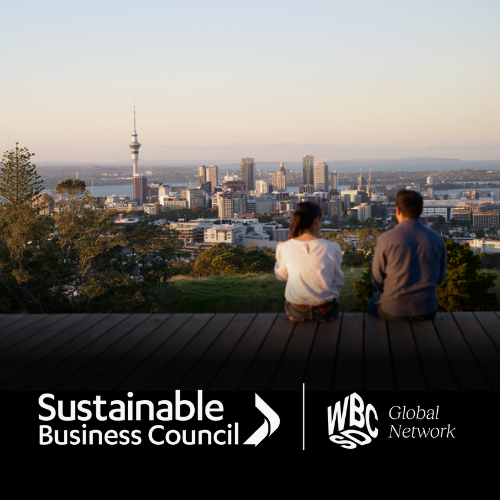Consumers want to make sustainable choices
More than 80% of New Zealanders find the information that businesses give them about sustainability confusing. So how can you respond to these concerns and build your relationships with your customers?
The latest Colmar Brunton research into consumer perspectives on social and environmental issues shows that consumers are increasingly committed to sustainable lifestyles. But what does this mean for your business?
The Colmar Brunton Better Futures report, released in February, is based on a survey of 1,000 New Zealanders, on a wide range of environmental and social issues.
For the first time in the 10 years of research, more than half of respondents expressed a high level of concern about climate change. And the number one concern was plastics in the environment, with 72% of respondents concerned.
These are significant numbers and represent a real shift among New Zealanders, which will have a flow-on effect on their purchasing behaviour.
When 4 in 10 say they are highly committed to a sustainable lifestyle, and 5 in 10 somewhat committed, the tiny remainder who are not interested is becoming increasingly small. And this commitment goes beyond just ditching plastic bags. Kiwis are increasingly choosing to repair or maintain items to avoid buying new stuff (61%), and disposing of clothing / household items through online community groups (59%). However, only 25% would buy second-hand rather than new, to avoid buying new stuff.
Respondents said they were using alternative transport for short journeys, which means shopping locally, and buying ethically manufactured goods that reduce their impact on the environment. Vegetarianism and veganism are also on the rise, with 10% of New Zealanders now going mostly or completely meat-free, up from 7% last year.
But an even higher proportion than ever before, 83%, find the information that businesses give them confusing.
So how can you respond to these concerns and build your relationships with your customers? First of all, make it simple for them to make sustainable choices. Your customers have busy lives and make dozens of decisions every day. They don’t have time to evaluate technical information about sustainability, so you can help by making them feel comfortable that they can trust what you are offering.
Consider using recognised standards for your products and business footprint such as Enviro-Choice, Fair Trade and Enviro-Mark. Make sure that your business behaviour is consistent with their concerns. Are you minimising waste as much as possible? Introducing reusable items rather than disposable ones? Talk to your suppliers about their sustainable choices, and use your purchasing power to choose the ones that offer the best options.
Understand your business’s impact on the environment and society. Are you contributing to sustainability?
Beyond taking the obvious steps, the more complex part wears a human face. The best way to align your business with your customer needs is to talk to them. It’s not rocket science, but having a real conversation, and listening to what they have to say, is the best way to find enduring solutions. If your business represents values that are meaningful to your customers, that will create deeper loyalty and cement your place in their community.
And if the opportunity to build stronger bonds with your customer doesn’t feel like the catalyst to get going, consider that 90% of New Zealanders said they would stop buying products or services from those businesses that behaved unethically or irresponsibly.
Originally published in Business Plus magazine.
Contact: Abbie Reynolds, Executive Director, Sustainable Business Council
Phone:
Email:

